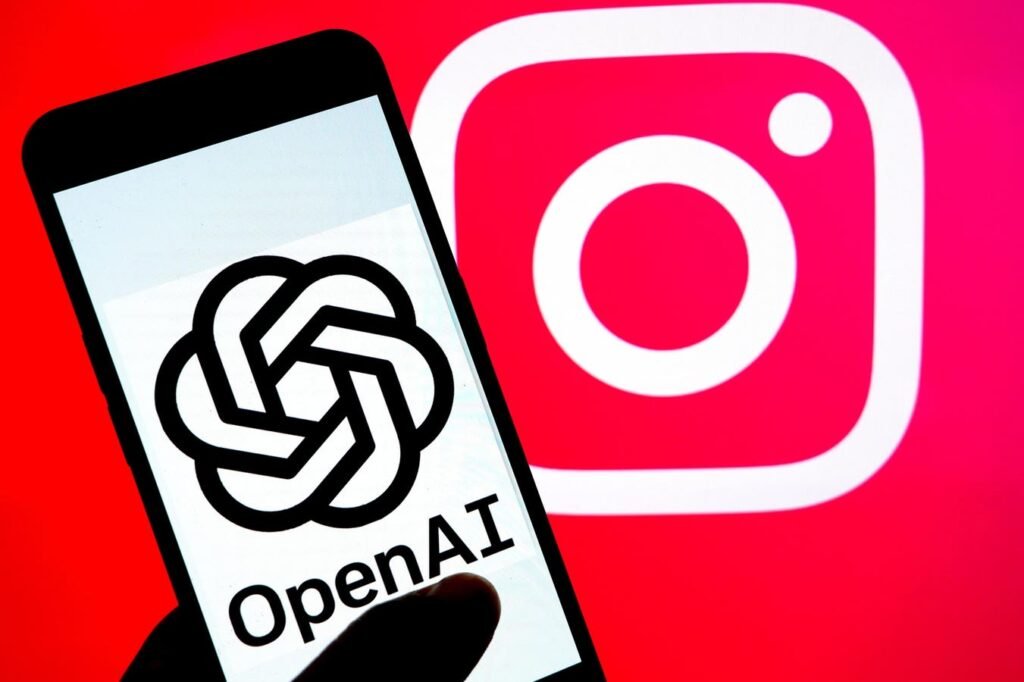After facing backlash for scraping YouTube data to build its models, OpenAI is now focusing on building relationships with content creators and influencers. In 2022, Don Allen Stevenson showcased OpenAI’s image generation model Dall-E on Instagram, which led to the company offering instant access to its tools to thousands of viewers. Now, OpenAI is looking to hire a “Head of Internet Creators” to develop ties with influencers and creators using AI tools in their creative process and businesses.
Despite these efforts, OpenAI is still facing complaints from creators over reports that it used transcriptions of YouTube videos to train its ChatGPT models. The company transcribed over one million hours of YouTube content for its GPT-4 model, leading to a lawsuit filed by Massachusetts-based creator David Millette. OpenAI has argued that its use of publicly available data falls under fair use, but it is also developing a “Media Manager” to allow content creators to specify their consent for the use of their material in training models.
OpenAI has begun collaborating with various creators and influencers to showcase the capabilities of its models. For example, the company has partnered with accounts like Nice Aunties and Smart Work AI to create unique content using tools like Sora and ChatGPT. These collaborations are mainly unpaid, with artists receiving free unlimited access to OpenAI’s models. However, some creators are restricted from sharing technical details about the models or their early access through non-disclosure agreements.
OpenAI’s influencer strategy is not unique in the AI industry, with other companies like Apple and Nvidia also using influencers to promote their models. By partnering with creators who have large followings, OpenAI aims to stay informed about how its tools are being used and compete with other tech giants like Google and Amazon. These partnerships also serve as a way for creators to influence the development of AI tools, with suggestions from influencers like Stevenson leading to the addition of new features like voice mode in ChatGPT.
Overall, OpenAI’s efforts to repair relationships with content creators and influencers are part of a broader trend in the AI industry to engage with those who use and promote their products. By focusing on building sincere and trusting relationships with creators, the company hopes to showcase the potential of its tools and address concerns around ethical data scraping. As the AI industry continues to evolve, collaborations between tech companies and content creators are likely to become more common.












